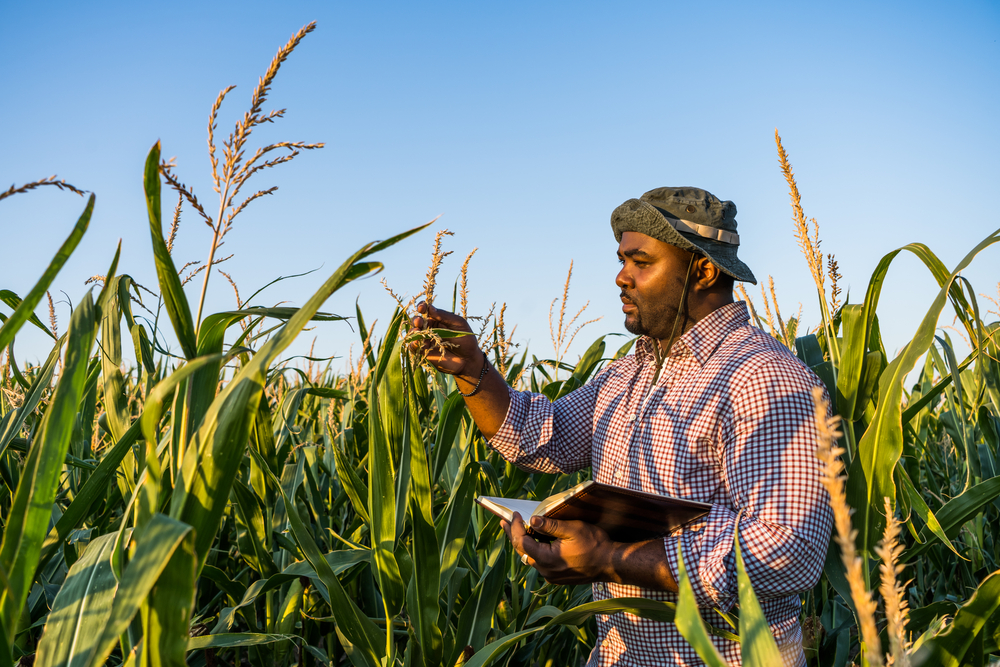The platform is an online support system for climate-resilient decision making for projects carried out in Caribbean countries.

San Jose, 24 February 2023 (IICA). The Caribbean Community Climate Change Centre, an institution responsible for providing advice and coordinating policy guidance on climate change to CARICOM, launches virtual tool on adaptation and climate risks in the Caribbean with support from the Inter-American Institute for Cooperation on Agriculture, which created a virtual course to learn how to use this tool.
The course provides a guide on how to utilize the Caribbean Climate Online Risk and Adaptation Tool (CCORAL). Created by the CCCCC, the digital platform allows for assessing the climate change risks that national activities carried out in a Caribbean territories could face.
The tool promotes a regional approach to risk management and supports climate-compatible development models.
“The virtual course, created with support from Willis Towers Watson and the Caribbean Community Climate Change Centre, will enable participants to better understand the climate risks to which projects in the Caribbean may be exposed. It will also teach them how to utilize the CCORAL tool to identify these risks and design responses that boost the climate resilience and capacity for climate adaptation of those activities”, commented Willie Chan, Technical Coordinator of the IICA Delegation in Belize.
He also noted that the development of these online courses “demonstrates IICA’s ability to offer these types of services to partners, through teamwork and active communication”.
CCORAL is available at https://ccoral.caribbeanclimate.bz/ and the e-course at https://lms.caribbeanclimate.bz/
Users can select a specific Caribbean country to learn more about resourses and tool that are available for that country.
The CCCCC plans to host a regional training sponsored by the EUGCCA+ Project targeting CARIFORUM member states using the e-course in quarter 2 of this year . Course offerings are announced on the Centre’s website and social media, as well as on the CCORAL website.
Teamwork
CCORAL was developed in collaboration with the Climate and Development Knowledge Network (CDKN), for use by the public, private and academic sectors.
The CCCCC developed the tool in 2013 using an in-person modality, as part of its efforts to address Caribbean countries’ vulnerability to climate change and improve the incorporation of resilience strategies into their development planning. In 2022, IICA supported the CCCCC by transforming the in-person course into a fully online course, which enables users to assess, address and analyze potential climate impacts for small-, medium- and large-scale projects.
The tool has been implemented in all CARICOM member countries. Approximately 500 partners in those countries have received training on the use of the tool.
Since 2006, IICA has been collaborating in transforming in-person courses to virtual ones, as was done with CCORAL.
Furthermore, since 2018, more than 18,000 individuals from more than 80 countries have participated in the Institute’s e-learning courses on topics such as family farming, animal health and climate change.
More information:
Institutional Communication Division.
comunicacion.institucional@iica.int











